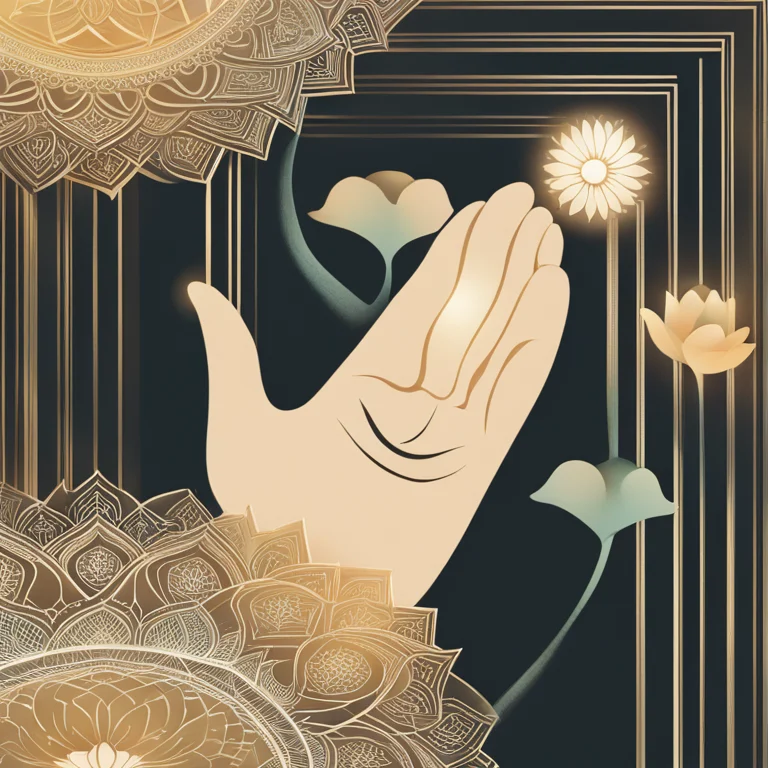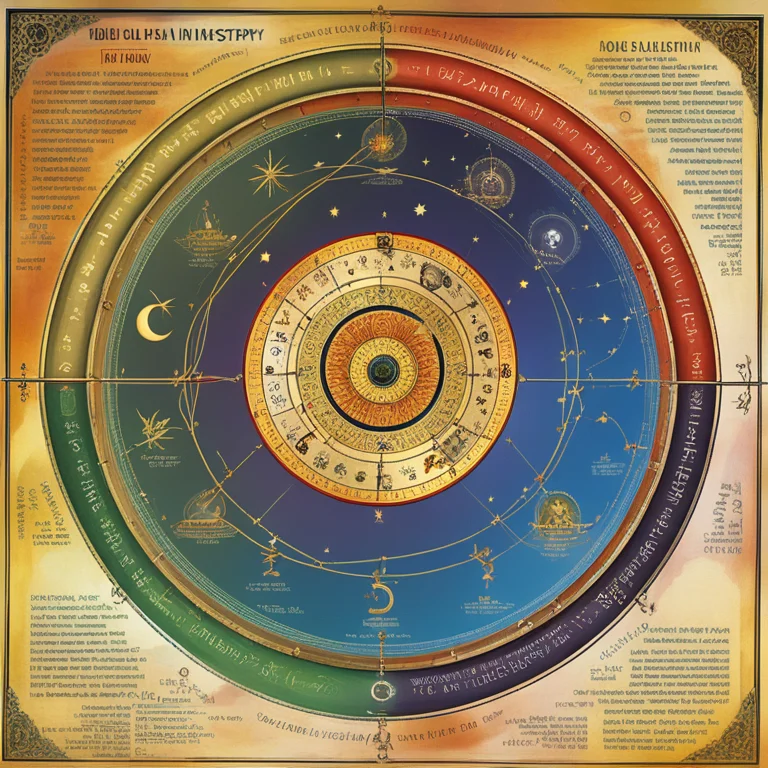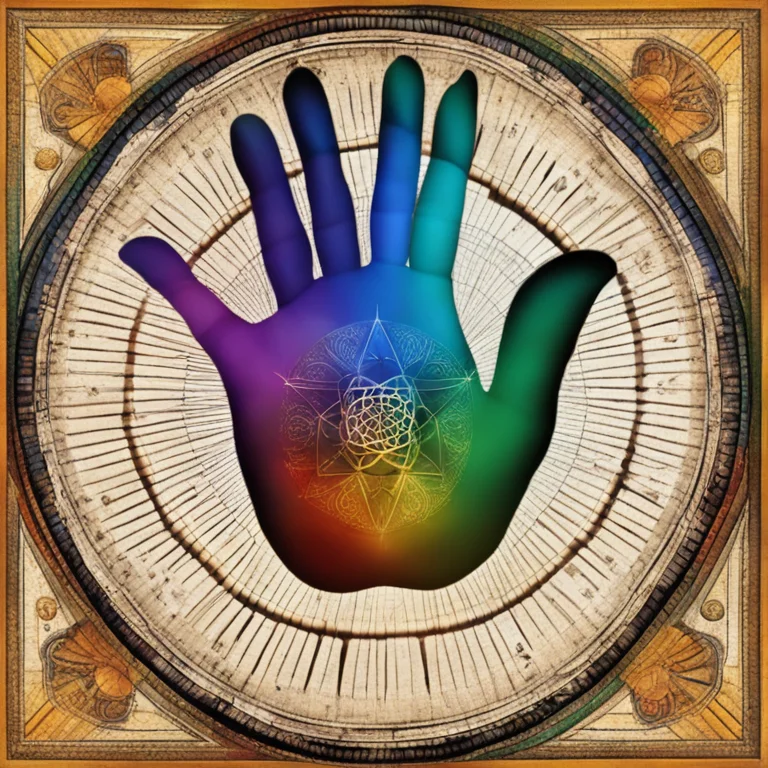
The Ancient Art of Vedic Palmistry
Discover the ancient art of Vedic Palmistry and its practice in the modern era, revealing the secrets held within the lines of the hand.
article by Nora Pennington
Introduction to Vedic Palmistry
Vedic Palmistry, also known as Hast Jyotish, is an ancient Indian art rooted in the Vedas, the oldest scriptures of Hinduism. It is a profound and intricate form of palm reading that has been practiced for thousands of years, offering insight into an individual's personality, potential paths in life, and spiritual journey. Unlike its Western counterpart, Vedic Palmistry places significant emphasis on the elemental and planetary influences on the lines and mounts of the hand, providing a distinct approach to understanding the human psyche and destiny.

The Foundation of Vedic Principles
The practice of Vedic Palmistry is built upon the principles of Vedic astrology known as Jyotish Vidya. Integral to this practice is the belief in karma and the impact of past actions on one's current life circumstances. Vedic Palmistry interprets not just the lines but also the color, texture, shape, and flexibility of the hand, which correspond to the five elements—ether, air, fire, water, and earth. These elements are associated with distinct facets of personality and fate, portraying a holistic view of an individual's constitution and life journey.

Lines and their Meanings
Central to Vedic Palmistry are three major lines examined by practitioners: the heart line, head line, and life line. These lines are believed to reveal emotional stability, intellectual capability, and physical vitality, respectively. Additionally, secondary lines like the fate line can indicate life changes and career trajectory. In Vedic Palmistry, even the smallest of lines can hold great significance, showcasing skilled readers' attention to detail and symbolism.

Mounts and Planetary Influences
In Vedic Palmistry, the mounts of the hand, named after celestial bodies like the Sun, Moon, Mars, Mercury, Jupiter, Venus, Saturn, and Rahu-Ketu, provide valuable insights. The prominence and development of these mounts suggest the strength and influence of their corresponding planetary energies in a person's life. For example, an elevated Jupiter mount might indicate leadership qualities, while a pronounced Venus mount may suggest a love for the arts and beauty.

Vedic Palmistry in The Modern Context
Despite its ancient roots, Vedic Palmistry is quite relevant in modern times. With a growing interest in spirituality and self-awareness, individuals are seeking more holistic approaches to understanding their life's purpose. Vedic Palmistry serves as a tool for self-reflection and decision-making, encouraging individuals to harness their inherent strengths and navigate life's challenges with greater wisdom.
Learning and Professional Practice
Nowadays, professional Vedic Palmists undergo rigorous training to master the art. They blend traditional wisdom with contemporary life situations to provide relevant readings. Certification courses, workshops, and seminars are available globally for enthusiasts to learn and adopt this knowledge. Moreover, technology has opened new doors for Vedic Palmistry, allowing practitioners to offer their services through digital platforms, thus reaching a wider and more diverse clientele interested in this age-old wisdom.
Conclusion
Vedic Palmistry remains a captivating and insightful practice that transcends time. As individuals continue to explore the depths of their being and the intricacies of their life paths, Vedic Palmistry provides meaningful guidance. Embracing both tradition and innovation, Vedic Palmistry continues to thrive as a form of personal discovery and spiritual liberation, resonating with seekers all around the world.
Published: 1/11/2024
Modified: 1/11/2024
More predictions
Come back here soon to learn more about yourself and your future


The Basics of Palm Reading: A Beginner's Guide
Discover the basics of palm reading in this comprehensive guide aimed at beginners interested in the ancient practice of palmistry.


The Secrets of the Jupiter Mount & Palmistry
Discover the significance of the Jupiter Mount in palm reading and how it reflects your leadership and ambition.


The Secrets of Palmistry: Interpreting Hand Reading Lines
Delve into the fascinating world of palmistry and discover what your hand reading lines reveal about your destiny, personality, and future.